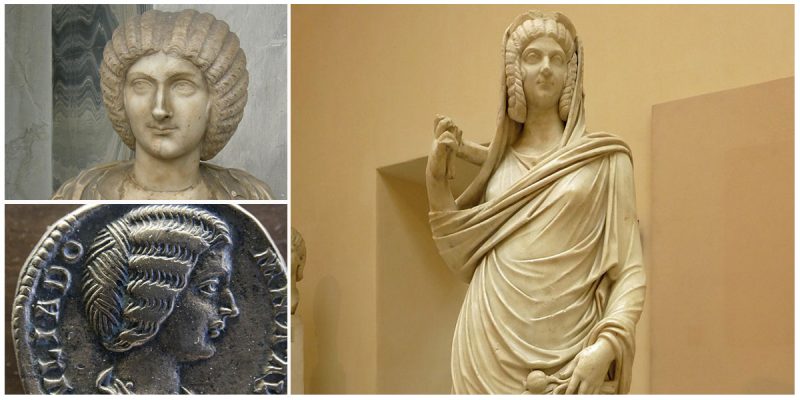Julia Domna was the second wife of the Roman emperor Septimus Severus and was a member of the Severan dynasty of the Roman Empire. She was respected for her political views and during her life, she formed a group of philosophers and other intellectuals in Rome whose activities are recorded in the writings of Philostratus.
After Severus’ death, her son Caracalla became the emperor and he gave her control of most of the administration. The civilians called her the mother of the Senate and of the fatherland.
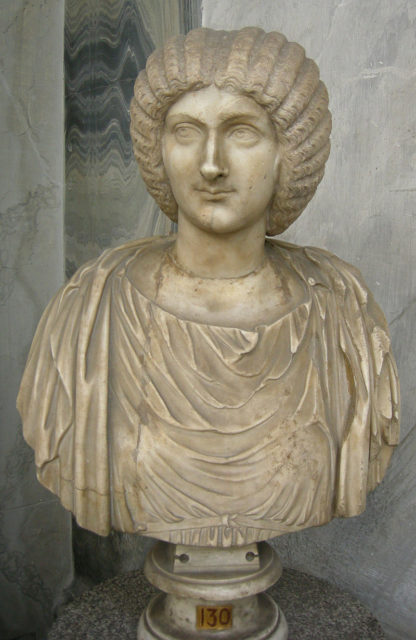
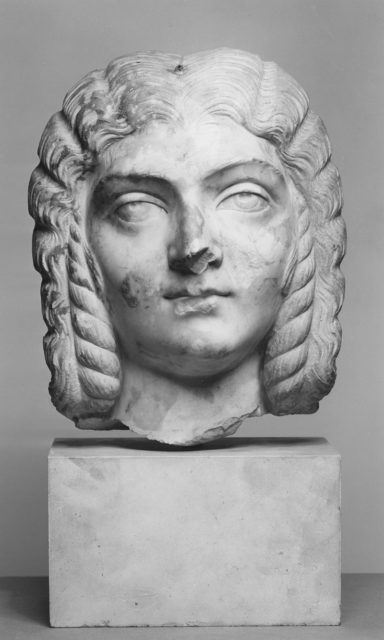
She was born in Syria but traveled to Rome as a young woman in 173 AD. According to Wikipedia, her ancestors were Priest Kings of the famous temple of Elagabalus. Because of their enormous wealth, her family was promoted to the roman senatorial aristocracy. In the late 180s, she married the future emperor Septimus Severus and they had two sons, Caracalla and Geta. Julia was Septimus’ second wife who he cherished more because she was very well-read and a great philosopher who helped the philosophy in Rome to flourish.
During the civil war, known as “Year of the Five emperors”, Julia accompanied her husband in his campaigns in the East in a time when the only thing that was expected for women to do was to sit home and wait for their husbands to return.
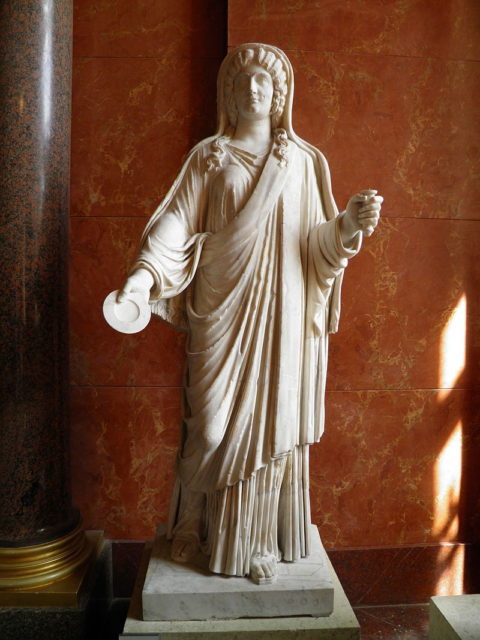
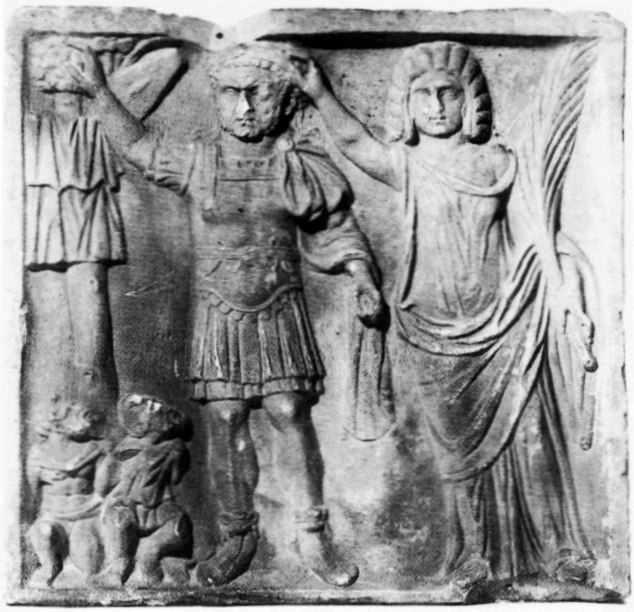
She had plenty of political enemies who tried to accuse her of many things such as adultery and treason because they had a negative view of her simply because she was a woman. After the death of Severus, she became the balance mediator between her sons who ruled as joint emperors.
The tragedy was that they never had the same opinions and in 211, Geta was murdered by the soldiers of his brother. Julia had many difficulties with Caracalla after the murder of Geta. In 217, Caracalla was assassinated by Macrinus and so sadly, Julia decided to commit suicide.
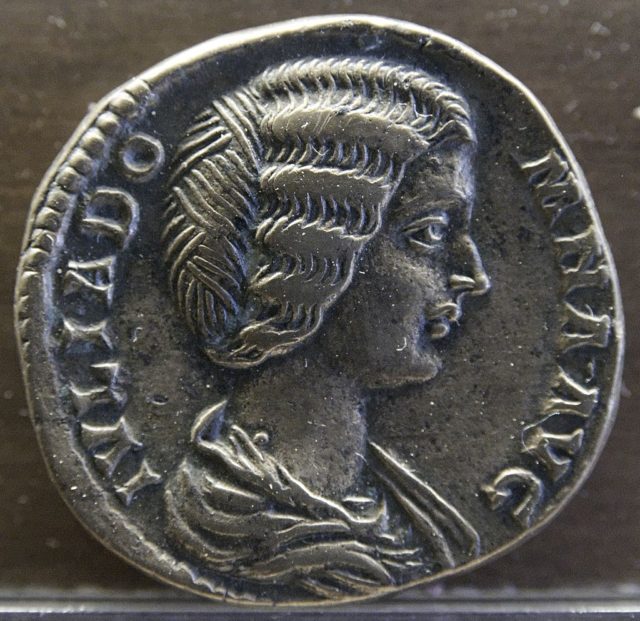
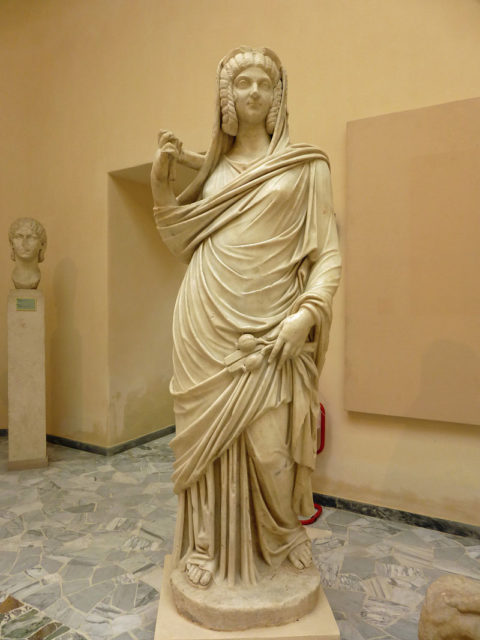
One very famous fact about her is that she celebrated the philosopher Apollonius of Tyana and encouraged Philostratus to write his now famous Life of Apollonius of Tyana. It is believed that she died before Philostratus could finish the volumes.
After her death, her body was brought to Rome and placed in a separate chamber in the Mausoleum of Augustus. And later, her bones were transferred to the Mausoleum of Hadrian by her sister Julia Maesa. During the period from 193 to 217 AD, Julia Domna was one of the most powerful people in the Roman Empire.
